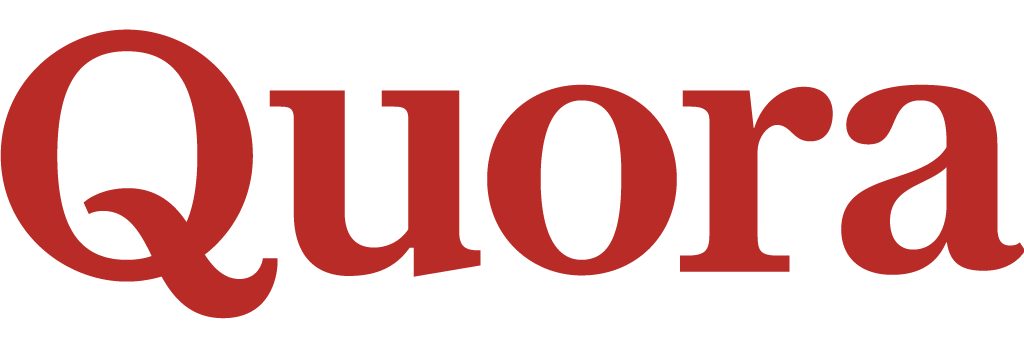Engineering at Quora
Engineers build our products from the ground up, from backend infrastructure to ranking algorithms to frontend abstractions, in order to achieve our mission. At Quora, we believe in the power of engineering to solve complex problems and create meaningful impact. Our engineers embody the core values of Quora, and we are proud to have such a talented and dedicated team. From Foundation, Product Systems, and ML teams, our engineers are team players who take initiative to handle issues, are passionate about their work, and can adapt to changes quickly. They also have a selfless learning attitude and respond well to feedback, communicate openly and directly, and are humble and self-aware. Most importantly, they are driven by long-term impact, while understanding the trade-offs related to short-term execution.
Our Engineering Values
Our engineering teams foster a culture of excellence and collaboration by prioritizing the following values:
We embrace a selfless learning attitude and welcome feedback as an opportunity for growth.
We practice open and direct communication to foster transparency and build trust.
We are empathetic to others, understanding that our success is tied to the success of our team.
We are flexible and can adapt to changes quickly, recognizing the importance of agility and resilience in a fast-paced environment.
We are driven by long-term impact but understand the trade-offs related to short-term execution.
We are aligned with Quora's mission and vision, working towards making a positive impact on the world.
We are team players, collaborating with others to achieve our shared goals.
We take initiative to handle issues and are proactive in our approach to problem-solving.
We are passionate about our work and take pride in delivering the best possible experience for our users.
We value humility and self-awareness, recognizing that there is always room for improvement.
Our Teams
At Quora, our Engineering Deparment is divided into three main sections, each with several subteams. This structure allows us to efficiently manage and prioritize our engineering efforts while maintaining a focus on innovation, collaboration, and excellence. Our teams work together to deliver high-quality products that align with our overall mission and values.
-
The mission of the Foundation organization is to provide the best set of tools and infrastructure for enabling our developers to build great products. Our engineers design, build, and operate large-scale distributed systems that power product and ML features for hundreds of millions of users. We focus on improving developer productivity and own core engineering metrics such as reliability, performance, security and cost efficiency.
-
The mission of the Product Systems organization is to directly support our product goals, building and scaling user-facing features to improve user engagement, acquisition and retention, product quality, and revenue. Product Systems engineers may work on web, iOS, Android, application backend, or a combination, on a variety of product areas including:
Fast and intuitive features for Poe users to discover, explore, and chat with state-of-the-art bots powered by generative AI.
Core product surfaces of Quora designed to deliver relevant and personalized content to users, such as home feed, question pages, and emails.
Tools leveraging the latest in AI technology to help content creators contribute high-quality, engaging content on Quora.
Monetization features for serving ads on Quora or offering premium subscriptions to Poe.
Moderation systems for enforcing policy standards on the content and users of both Quora and Poe.
-
The mission of the Machine Learning organization is to support key company goals such as revenue growth, user engagement, cost reduction, content quality etc and to deliver great user experience which will be impossible or too costly without Machine Learning or AI. Machine learning engineers own end-to-end ML pipelines or AI-driven features that power both Quora and Poe in the following areas:
Content recommendation: Feed ranking, digest email ranking, A2A ranking, and notification send classifier/ranking.
Content understanding / NLP: Manages the moderation of content and the question page, including creating automated systems and pipelines to detect bad content and/or users. They also work on tasks such as answer ranking, related questions, and other ML-oriented tasks to make the best question pages on the internet.
Monetization: Owns the ML systems for monetization, including ads ranking, Quora+ subscriptions, and advertiser experience.
Poe AI: bot recommendation that helps users discover the best bots that can answer their queries, features that integrate AI with the product such as RAG, web search bot, suggested replies.
Our Engineering Leadership Team
Kevin Xu
Director of Engineering:
Machine Learning
7 years at Quora
Hwan Seung Yeo
Director of Engineering:
Foundation
6 years at Quora
Michael Chen
Director of Engineering:
Foundation
8.5 years at Quora
Vanessa Tan
Director of Engineering:
Product Systems
9.5 years at Quora
Michael Fu
Vice President of
Engineering
6 years at Quora
Technical Interview Tips
While every journey and interview path is different, our team of interviewers have identified a few key tips to help you prepare and feel confident going into your engineering interviews at Quora.
Research
Familiarize yourself with our company values and ongoing projects by exploring our careers page and Engineering at Quora Space. Come with any questions - we want to make sure all of your questions are answered at every step.
Ask Questions
Don't hesitate to ask questions during your technical interviews - we encourage you to think out loud. Your interviewers are there to help and guide you to ensure you stay on track throughout every interview.
Practice with Poe
Many technical interviews include coding challenges, so practice solving different types of coding problems to improve your problem-solving skills and build your confidence.
Be Pragmatic
In your technical interviews, we suggest trying to find a solution quickly and then optimizing it rather than spending a significant amount of time developing the optimal solution.








